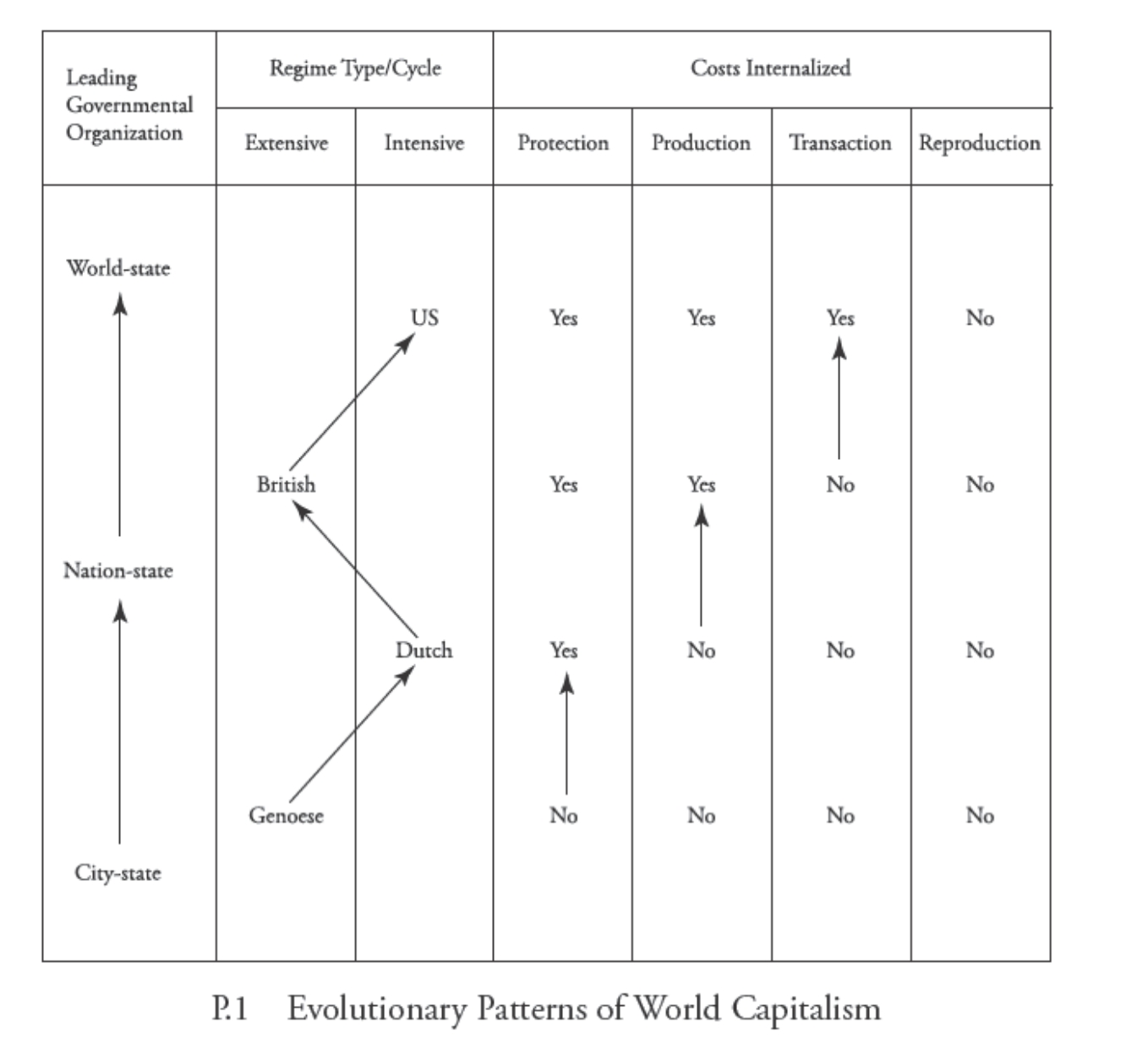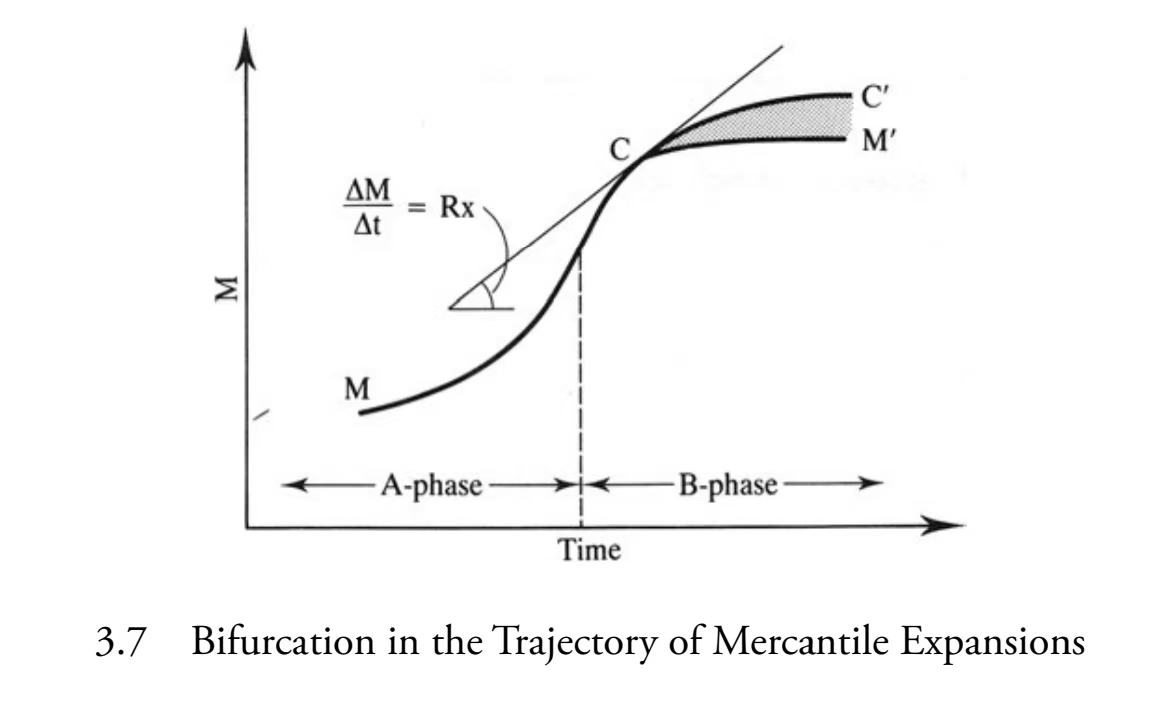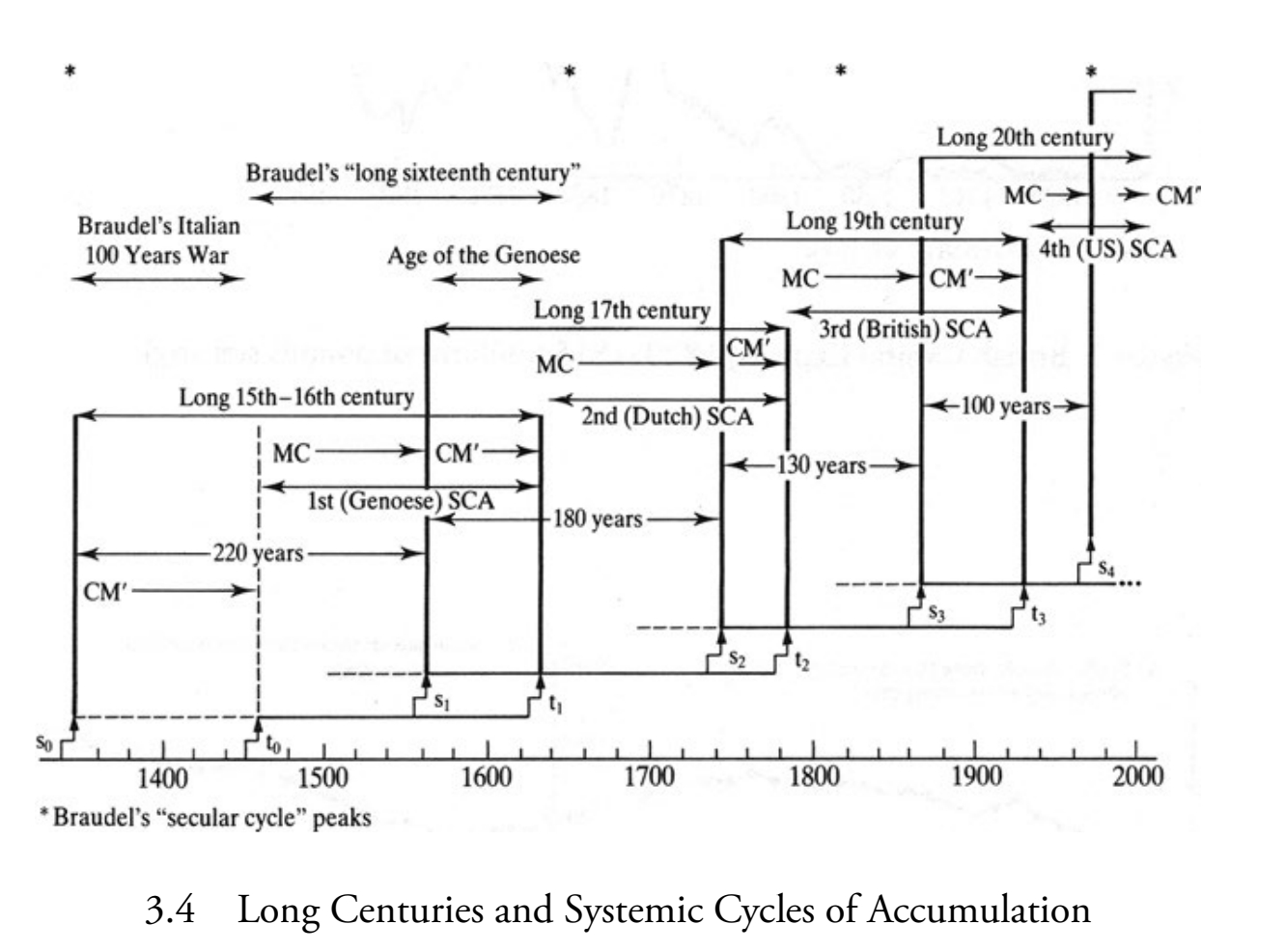

i think the ai is an actual ai in blindsight, the generative ones played more prominent roles in starfish trilogy and sunflower cycle (imo chimp counts as not quite agi)


i think the ai is an actual ai in blindsight, the generative ones played more prominent roles in starfish trilogy and sunflower cycle (imo chimp counts as not quite agi)


bessent was the architect of the 97 asian financial crisis acting through soros, many geopolitical analysts in china consider him to be the main ‘antagonist’ within the trump admin and many believe him to have a bone to pick with china as it was hong kong and the chinese government by proxy that put down his rampage almost 30 years ago


i asked it to make some simple modifications to a few (extensively documented) physics models for me and it was able to tell me which moving parts were important for me to modify and gave me a generally correct direction in which to modify them. the code it gave was garbage but i also didn’t bother being that specific so idk. i figure system integration still needs to be done by a human but for things like mature algorithms and stuff it can do a decent amount of heavy lifting


bytedance is 60% foreign owned lol
china has an opportunity to really commit to the bit and force majority ownership of bytedance for that 50% tiktok jv the american state so desperately craves
how much of bytedance is tt, like 20% max? lmfao


mfing americans invading xhs now that tt’s getting the hammer
where do people even find out about these apps lol


iirc theyre not actually rare, theyre actually everywhere in relative abundance, its just that they are conventionally obtained as byproducts of stuff like zinc and aluminum processing which the us is not known for doing as of late
maybe a meteorite of pure germanium will hit dc next week though, one can wish


i was going to suggest this but stopped myself because 1. lots of real life shit and 2. i wanted to write a review of both his books but then you said it so i’m gonna put in my two cents in a rambling condensed form in lieu of the review:
i think the majority of arrighi’s main two books are useless for most people here; the development of capitalism in a western european context has been a highly complex (not in the difficult to understand sense, but rather in the something with many many moving parts sense) phenomenon spanning several centuries to the present and arrighi for his part attempts to distill (what ends up being mostly) braudel’s third book down to what he thinks are the biggest contributors to capitalism as we know it today. the way it comes out is as a long as fuck list of absolutely pedantic shit about groups of white people doing this or that heinous thing over the centuries that is actually incredibly difficult to contextualize even after arrighi kindly arranges it all in sort of chronological and causal order for us. which makes most of the books really hard going and kind of bad for reading club retention numbers.
that being said, there are two segments in L20C that i think are worth going over despite the sad state of our collective attention spans: the introduction, and the fourth part of the third section called ‘reprise and preview’, which is a sort of breather segment where he (relatively) quickly summarizes the main takeaways from the previous parts. there is also one cool and useful figure in the postscript. added together they constitute approximately ~70 pages of content that provide a compact and comprehensive overview of the main thrust of his thesis, i will summarize what i think have been the most useful personally:
general criticisms of L20C include:
to which i respond:
lastly, i believe L20C is a good candidate for the reading since it provides much needed context to our current systemic state. marxism is a science after all, and science is nothing without data. as we are dealing with events that have timescales reaching into decades or centuries, i think it is only logical to try and make sense of data that we have at hand, flawed though they may be. many doomers here enjoy reading catastrophe into what is effectively historical noise, resulting in less informed or opinionated comrades either being compelled into dooming themselves, perpetuating the cycle, or, with no other emotional outlet, having a meltdown online. neither of these outcomes are conducive to positive action or mental health (one might even call them unserious) and so it is necessary to arm ourselves with the requisite information to combat doomerism, one of the most comprehensive repositories of which are this book and its sources.
as to why i think it’s a better candidate than the other suggestions so far, i think most of them operate at, for lack of better wording, ‘tactical’ or ‘operational’ levels that are too limited in scope to induce revolutionary optimism. it is good to understand and enumerate the minute intricacies of how capitalism inflicts upon us daily horrors beyond comprehension, but after a certain point this crosses the line towards navel gazing and, dare i say, intellectual masturbation. in this L20C differentiates itself to some degree because rather than offering us ephemeral glimpses towards a possible future, it instead directs our attention to the failures of hegemons past, showing us that these eldritch terrors bleed like the rest of us.
i wanted to upload the titillating important figures from the book here but i’m on the wrong device so i will upload them later.
edit: as promised, the cool figures. completely meaningless without context, but they are cool:





yeah he’s a cringe lib but gotta give him props for keeping in shape
bro is built different


it’s kursk/kherson all over again, people think russia and iran are going to give up their long term strategic interests and regional aspirations, throwing away of years of effort just because some jumped up proxies grabbed some land and are really loud on social media about it. might as well just roll over and  if that was the case. imo this is just the americans throwing bibi a bone and we probably won’t see any real reactions from the axis until after initial overtures from the trump admin. would be rash to make big moves just as biden’s on the way out and potentially give someone as unpredictable as trump leverage without knowing more precisely how he plans on executing this time around.
if that was the case. imo this is just the americans throwing bibi a bone and we probably won’t see any real reactions from the axis until after initial overtures from the trump admin. would be rash to make big moves just as biden’s on the way out and potentially give someone as unpredictable as trump leverage without knowing more precisely how he plans on executing this time around.


bro survived 2 assassinations, ran for 40 minutes and jumped a 2 meter wall in negative 3 degree weather livestreaming the entire time at like 2 am to defeat an incel coup attempt
the only logical conclusion is that we are npcs living in lee jae myungs isekai fantasy


iranian fm visited turkey on saturday right after visiting syria… 50/50 on the turks atm, that damn watermelon seller got me doubting myself again


i was big mad about this a couple months ago but it has kinda been a nothingburger just like the saudi bonds and the stonk qe lol. lots of money left medicine after covid and hasnt come back, cynical speculation that this is just some half assed way to try and swindle some lib investors out of their money
all the people who mattered have been in china since the beginning, couple of hospitals are not gonna make much of a difference either way. though there is the fact that local governments have been cancelling tenure for doctors and other low level civil servants. private hospitals have always had a bad rap for attracting the shittier doctors, maybe this will turn their reputation around


diversion for ukraine imo, bibi is on the backburner strategically and with the idf getting btfo on the ground the best reinforcements hes gonna get are these headchopping cannon fodder
meanwhile ukraine gets a 100k wide peacekeeper to afu pipeline lol


pretty sure all this was planned out a long time ago, just that two weeks ago might have been a local inflection point that set some more things into motion.
people have been poopooing the north korean involvement as fake news but imo it makes perfect sense for them to be there, the logic being that they are already sanctioned to hell and also has china holding down the backyard. china cant move because optics (also us hasnt moved yet) and iran has israel to take care of. taking this into account, russia and co must have planned for this at least since last year, since the mutual defence treaty was signed in august and its not like you can just boilerplate one of those in just a few weeks…


i feel like ukraine will never really ‘lose’ the war because once ukraine is out of people they’ll just replace them with poles and baltics
in for a penny in for a pound, maybe zman gets disappeared if he doesn’t cooperate as much as they’d like and some fall guy more amenable to nato agenda comes in but lets be real here, what could possibly be their motivation to end the war? this started as an attempt to balkanize russia and take all its shit, there is no way they’re settling for piddly-ass western ukraine just because ukraine is out of cannon fodder


still unclear to me which combination of hezb/lebanese government are signatory to this but i fully expect this to just be a smokescreen for both sides to regroup and continue to escalate
notably, israel needs time and trump to get its ad (and everything else) together, while iran needs to finalize its defence treaty with russia which hopefully has some kind of nuclear umbrella clause in it


only people removing zman will be nato
if anything the russians should be protecting zman since he’s probably the last shred of ukrainian sovereignty, however diluted, that stands between nato and the complete sockpuppeting of what is left of the ukrainian state
like if i were the russians i would definitely take my chances with zman over some generic nato eunuch


there was a poc subreddit that i tried radicalizing for a while and there was a self proclaimed indian dude who kept writing /thathappened fanfics about his sexual interactions with white women and how much he hated italian women
i tried telling him that the sub was not the right place for erotica and he wrote me a numbered manifesto about how cucked i was and one of the points was a legit raceplay humiliation scene
up until that point i had just taken his word for being indian but after that i figured it was 50/50 indian vs white larper


the problem is that his talking points havent changed in the past 3 or 4 years but he deletes all his posts so you cant actually cross reference for yourself. in brief,
you can go look up geikei’s recent good faith attempts to engage (you actually cant because the responses are deleted), either the talking points are side stepped or they get bogged down in a gish gallop rehash of of the above three points. i recall i made a conscious decision to reduce engagement with xhs right after he first started this bidenomics bit after federation and already he didn’t bother backing up his points with anything substantial (softballed him with some stuff about resource swapping and i got basically point 1 in essay format)
in any case, i still don’t think his points, esp wrt the chinese strategy, hold any water as it’s been established that roosevelt’s vision for the marshall plan failed, and as hudson himself has pointed out, america’s postwar military adventurisms were a response to the failure of the marshall plan. for china to do something like this would be a fantastically nihilistic interpretation of history particularly as the chinese are at a similar point industrially to the postwar US (major exception being that the war of capitalist transition is only just beginning for us)
oh you meant the scramblers, yeah for some reason i cognito filtered them out